“A person never truly dies until their spirit is completely forgotten and the last person who they’ve touched has perished. So long as we continue to keep the spirit alive, it continues to serve the world.” – Jarard Paige, J. Elliot Marketing
Serving the World by Paying It Forward
In 2012, J. Elliot Marketing in partnership with Women in Aviation International (WAI) announced the $2,500 Christine Reed Memorial Flight Scholarship. Christine passed away before she was able to reach her dream of becoming a private pilot. So to keep her spirit alive, J. Elliot Marketing offers an annual scholarship to women ages 16-30 who have already soloed and are working towards their initial pilot certificate.
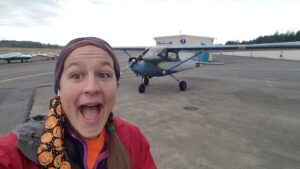 Meet Samantha Sauerbrei – 2022 Scholarship Recipient
Meet Samantha Sauerbrei – 2022 Scholarship Recipient
In December 2021, our tenth scholarship recipient was selected – Samantha Sauerbrei (Bremerton, WA) – a young woman with a big heart and big dreams to change the way we as humans use aviation to both save lives and save our planet.
Previously, a Nuclear Engineer in trained in Chemical Engineering and Environmental Studies, Samantha has spent much of her life in nature and trying to find more sustainable ways for us as humans to enjoy the beauty all around us. Her passion for saving lives and serving others has taken her from the backwoods in her backyard to the West Coast of Africa, as well as a bunch of places in between – all her in quest to help improve human quality of life. Take a moment to learn about her plans to combine her love for aviation and her desire to create more sustainable ways to enjoy it, such that we can all survive and thrive more sustainably on this planet.
Now that you’ve been awarded the Christine Reed Memorial Flight Scholarship, how might it help you to achieve your dreams?
This scholarship will help me complete the first step of my many goals in aviation. I am currently working on my Private pilot License (PPL) and the funds will go directly to my flight hours and instruction at Avian Flight School. After achieving my PPL, my instructor has given me several options to steer me towards the directions I would like to pursue. Out of the Bremerton airport, there are many opportunities to help out with search and rescue operations, Angel Flights, and working on solar-powered aircraft. I am looking forward to diving deeper into these options when I am a Private Pilot.
What’s the most exciting life moment you experienced that strongly impacted your interest in aviation?
It is hard to pin just one moment that was the most exciting. Fortunately, I have several that keep feeding my excitement. The moment that flipped the switch and convinced me beyond any reasonable doubt that I wanted to fly, was that first discovery flight for my twelfth birthday. I remember looking out the window and seeing the entire lake near where I grew up and the instructor let me turn the plane around it. I was so small, I couldn’t reach the pedals and I had to sit on a phone book just to be able to see over the dashboard. But I loved every minute of it.
Other exciting life moments that impacted my interest were when I did my first solo flight in June 2021, and the several times when my search and rescue unit was assisted by aircraft. One particular time, I was lowered from a hovering helicopter into my search area that was too hazardous to hike. It is awesome that we have so many resources to search for missing people while keeping our searchers safe in the field.
As a Chemical Engineer with an emphasis in Environmental Studies, it seems you have pursued aviation in a way to minimize your impact on the environment – initially via paragliding and community volunteering. What drives your intention to limit your flying carbon footprint?
When I am in the air and look down at the ground, I sometimes have mixed feelings about flying. I see all the areas that have been logged and places where fire damage is evident. And I know these are just a few of many things that are happening because of climate change. I also believe flying was one of the best inventions of the 21st century and do not want to see it go away just because it creates a large carbon footprint.
I pride myself in being an optimistic human. I believe we as humans, have the resources, knowledge and ability to continue enjoying the amenities we have, while decreasing our impact on the earth if we put our heads together. Also, it’s inspiring to realize there is not one solution that is going to solve everything and that we are going to need a lot of solutions and a lot of heads.
Stories I’ve read of people using drones to plant hundreds of trees a day, pilots using aircraft to fight wildfires, and several others really encourage me to continue down this path knowing someday I can use my skills to help with those tasks. What drives my intention to limit my flying carbon footprint is knowing there are solutions we haven’t thought of yet and knowing I have the motivation to research and work on teams to come up with more solutions.
In March 2020, you were “involved in a serious paragliding accident that left [you] with a broken spine which required major surgery to avoid paralysis.” How did this accident affect your love for aviation?
The affect my accident had specifically on aviation-related activities and emotions is a little difficult to narrow down. It’s something that I’m continuing to process on a regular basis. However, what I can say is that my accident really affected my love for life and it reminded me to be thankful for all that I have. Also, learning how to walk again, as an adult, is a very humbling experience.
Volunteering seems to be at the core of your character. From volunteering locally with the Olympic Mountain Rescue (OMR) team to your efforts with Engineers without Borders (EWB), you’ve shown a level of preparedness, determination, and resolve that has made a significant impact on the lives of others. How have these same skills and traits prepared you in the cockpit?
The experiences I have had volunteering are very transferable to the cockpit. A typical day with Search and Rescue involves showing up to the base, making a plan, doing our gear and safety checks, going out into the field and trying to execute the plan, adapt and change the plan when we need to, and then when it’s time, heading back to base. The entire time I am constantly paying attention to my location, my teammates location and where we are relative to other teams, our search grid, and any potential hazards we could face. I’m diligently checking my immediate surroundings as I search for the missing person as I bushwhack through the woods and evaluate my own safety in the environment. When the person is found, we have to make a new plan to evacuate them. I have the tools and training to deal with emergencies in the field.
Now, back in the cockpit, I don’t have to change many words from a typical day with Search and Rescue. Before I get in the cockpit, I make my flight plan and do my preflight checks before heading to the runway. Then, while I am taking off, climbing and flying the plane, I am constantly aware of what’s around me, my instruments, my location, the location of the other planes. I’m anticipating and accessing any disruptions by listening and watching the aircraft. If the weather starts looking different than predicted or something else comes up, I readjust my plan. And again, I have the tools and training to deal with emergencies in the cockpit.
There have been many occasions in my volunteering experiences where I had to think on my feet and make hard decisions in a high stress environment. One of my trips to Sierra Leone, we had in our suitcases some supplies to complete our project. Upon landing, we found out our suitcases never made it on the plane and were not coming. This presented a tricky task with not a Walmart or any notion of a store within several hundred miles of us. We came up with a new plan and figured out how to use the tools we could find to get the job done and we rebuilt five wells in the community where we were working.
Back in the States, on one of the searches, the helicopter spotted the patient waving and gave our ground team his location. By the time my ground team reached him, he was unconscious. We stayed calm and quickly accessed the situation and evacuated him swiftly and safely and got him to the hospital. When I practice emergency scenarios in a cockpit, I can see how these previous experiences help me stay calm and think through what I need to do.
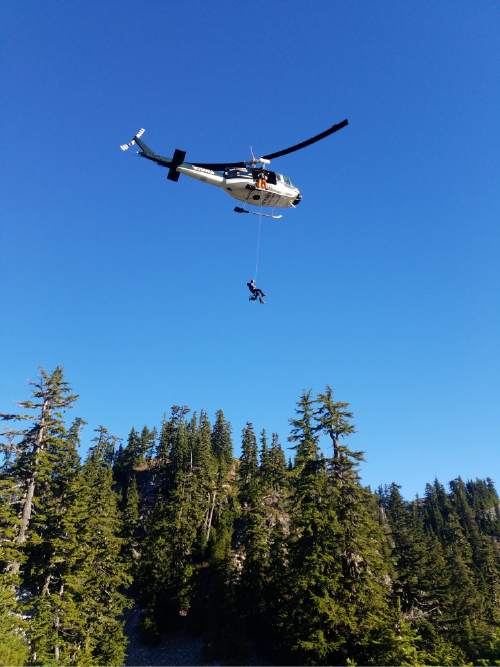
You stated in your scholarship essay that you wish to “use [your] aviation skills to aid search and rescue operations and wildland firefighting.” If you could look ahead 10 years and list all of the accomplishments you wish to achieve (both in an and out of the cockpit), what would you list?
10 years from now, I hope to be doing similar things to what I am now but doing them better. I hope my aviation accomplishments will include finishing my Private Pilot License, instrument, and commercial ratings. I would like to have a job that either makes aviation more sustainable or uses aviation to help the environment in some way. Participating in the aviation side of search and rescue operations is also on that list. For fun, I would love to have a seaplane endorsement and have taken my dad up for a few spins and landed on some lakes.
Out of the cockpit, something I would like to achieve is paddling down the Colorado River through the Grand Canyon. I hope to hike through the Enchantments near Leavenworth, WA. I hope to be a certified instructor for Search and Rescue Ground Operations. I hope to be giving back to my community wherever I can. And 10 years from now, I hope to be continually seeking out opportunities that make me happy and a better human.
As someone growing up in a planet now beset with a climate crisis, what is something you would like to say to future pilots and aviation professionals about their impact on the planet?
I would like to say to future pilots and aviation professionals to continue to question everything and make improvements wherever possible, big and small. Don’t be content with “standard fuel and procedures.” Break the glass and be aggressive with new ideas for greener rides.
Samantha is sure on her way to saving lives and saving the planet, and J. Elliot Marketing is proud to have her as the 10th recipient of the Christine Reed Memorial Flight Scholarship. By helping others reach their dreams, J. Elliot Marketing keeps Christine’s spirit alive. Perhaps this minor step serves to inspire others to think of ways they can share their passions with the world and find ways to pay it forward.

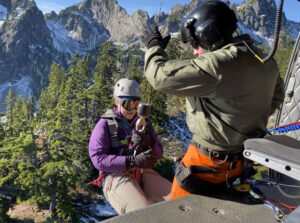
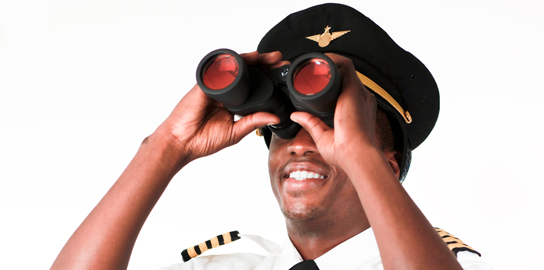
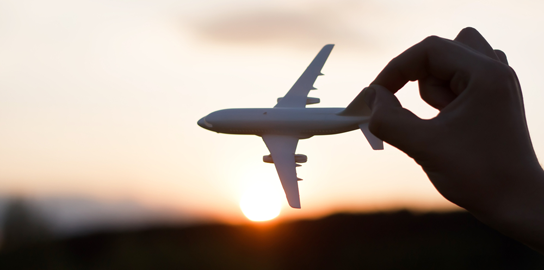
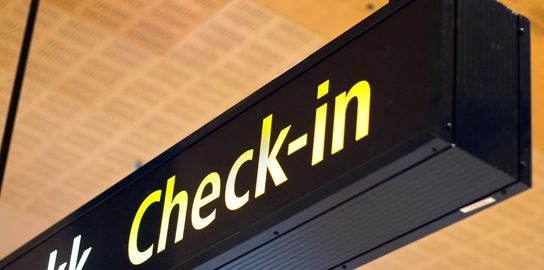
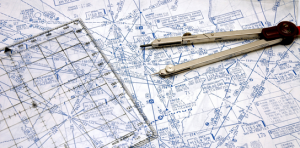 J. Elliot Marketing has had the pleasure of helping numerous clients plot the best course to achieve their goals. These clients have included:
J. Elliot Marketing has had the pleasure of helping numerous clients plot the best course to achieve their goals. These clients have included: